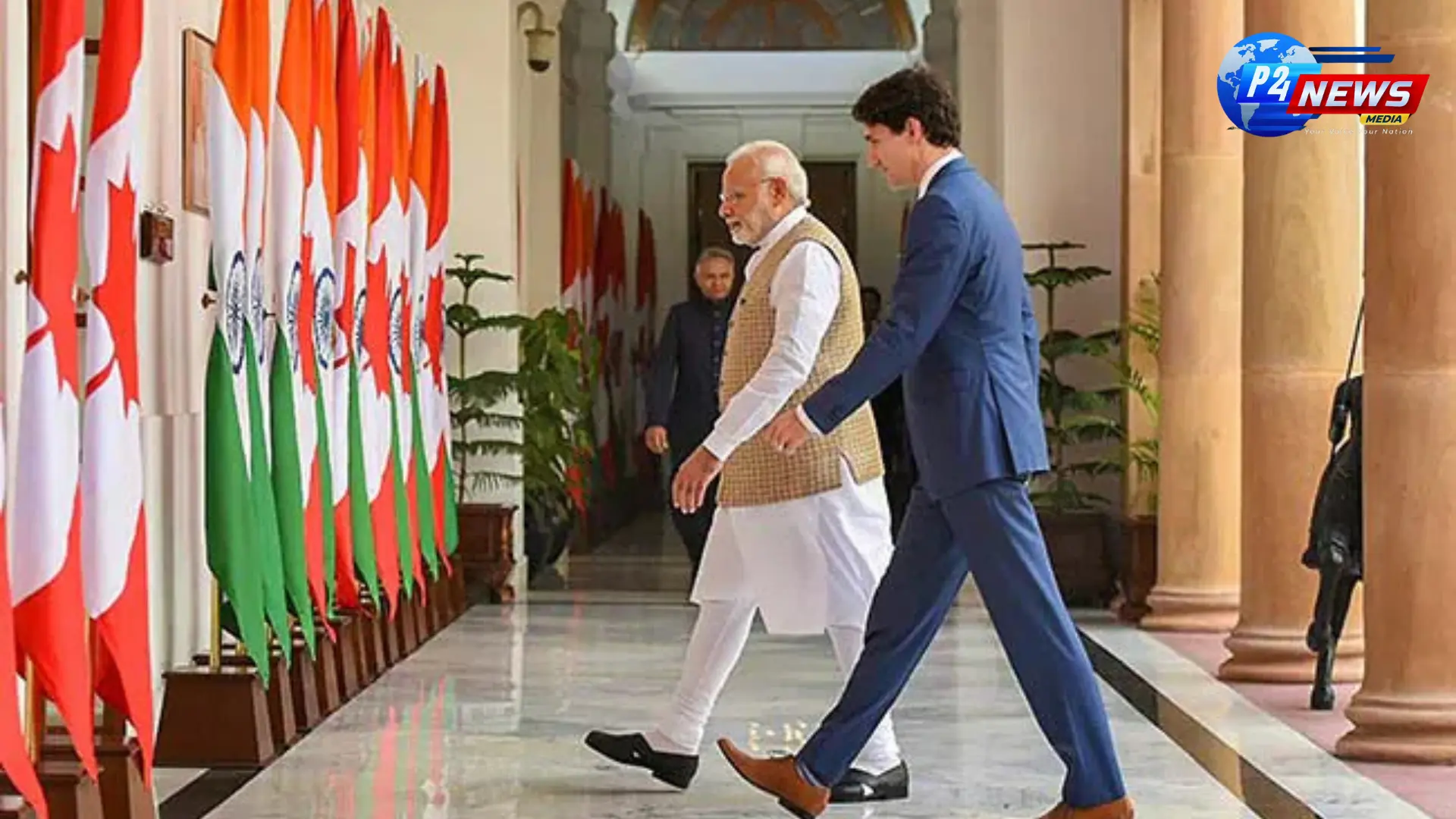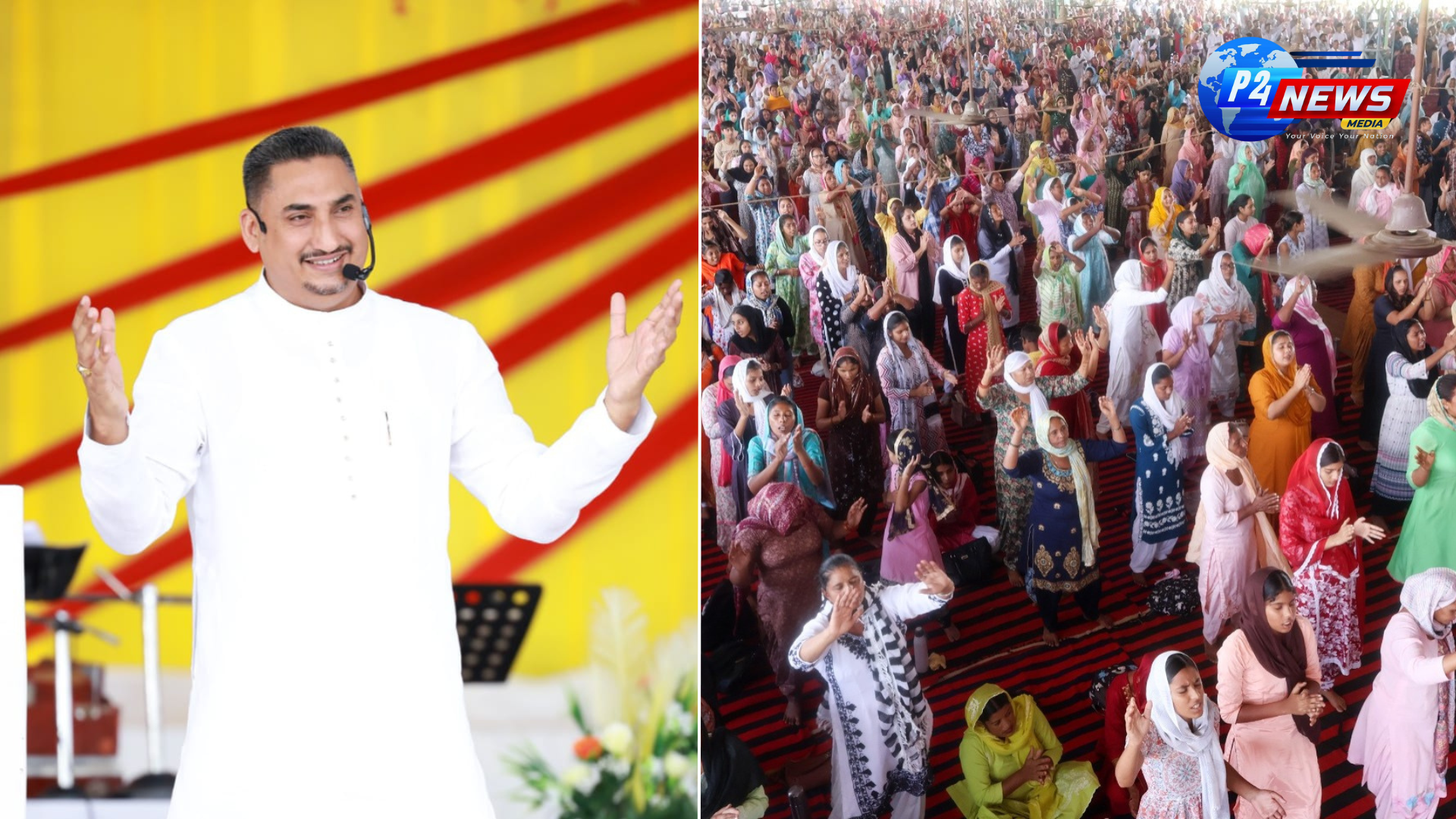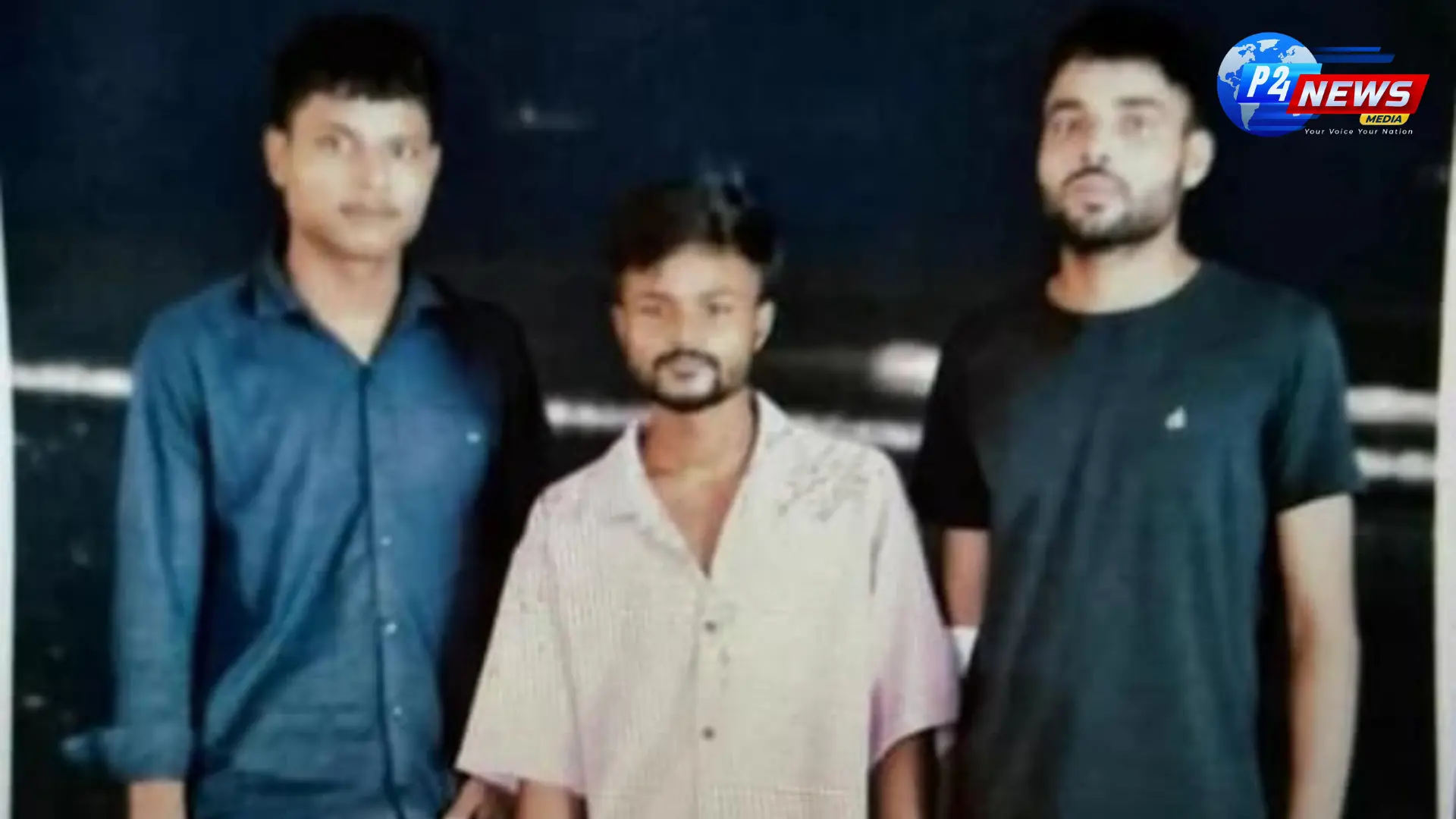In the latest escalation of tensions between India and Canada, both nations have taken steps to expel diplomats amid growing accusations and rebuttals. This article delves into the underlying issues and reactions from both governments surrounding this diplomatic spat.
India-Canada Diplomatic Fallout: Expulsions Signal Deepening Diplomatic Crisis
The diplomatic relationship between India and Canada has significantly deteriorated, culminating in a series of expulsions aimed at respective diplomats. On Monday, India ordered the departure of six Canadian diplomats in response to Canada's ongoing investigation into alleged Indian involvement in the killing of Sikh leader Hardeep Singh Nijjar.
Background of the Diplomatic Strain
This latest diplomatic spat can be traced back to September of the previous year when Canadian Prime Minister Justin Trudeau asserted that Indian agents may have been complicit in Nijjar's assassination. India promptly dismissed these allegations as unfounded and rejected any association with the incident. The tensions have since intensified, leading to reciprocal expulsions of diplomats.
Details of the Expulsions
The Ministry of External Affairs in India made it clear that six Canadian diplomats, including the Acting High Commissioner Stewart Ross Wheeler, were asked to leave the country by October 19. Indian authorities labeled the claims made by Canada as baseless and emphasized that their envoy, Sanjay Kumar Verma, a seasoned diplomat, was being unfairly targeted.
Responses from Both Governments
India's government expressed grave concerns about the present environment under the Trudeau administration and highlighted the potential endangerment of their diplomats in Canada. Following consultations with Canadian officials, New Delhi decided to withdraw its own high commissioner, further indicating a breakdown of trust in the Canadian government's ability to safeguard Indian representatives. In response, Canada also summoned its diplomats, marking the first expulsion of Indian officials in this escalating crisis.
Allegations Against India
The tensions have grown amid accusations against the Government of India for a supposed "campaign of violence" targeting prominent Sikh separatists. Nijjar, who advocated for an independent Sikh state, Khalistan, became a focal point of the allegations and was wanted by Indian authorities on charges of terrorism and conspiracy to commit murder before his assassination.
The Political Context
This conflict is entwined with a broader political narrative, particularly regarding Prime Minister Trudeau's approach to Sikh separatism within Canada. Critics assert that his administration has catered to a specific voter demographic, which includes a faction supporting Khalistan while ignoring its implications on international relations with India.
Future Implications
The mutual expulsion of diplomats indicates a severe downturn in bilateral ties between India and Canada. Both countries are now at a crossroads regarding their diplomatic stance and future engagements. Additionally, India has signaled that it reserves the right to take further actions in response to what it perceives as the Trudeau government's endorsement of separatist sentiments.
Conclusion
The unfolding crisis has underscored the fragility of international relations in a climate where diplomatic protocols can quickly unravel. As both nations navigate this tumultuous period, the global community watches closely, aware that the consequences of this diplomatic fallout may extend beyond just India and Canada.
















Comments 0